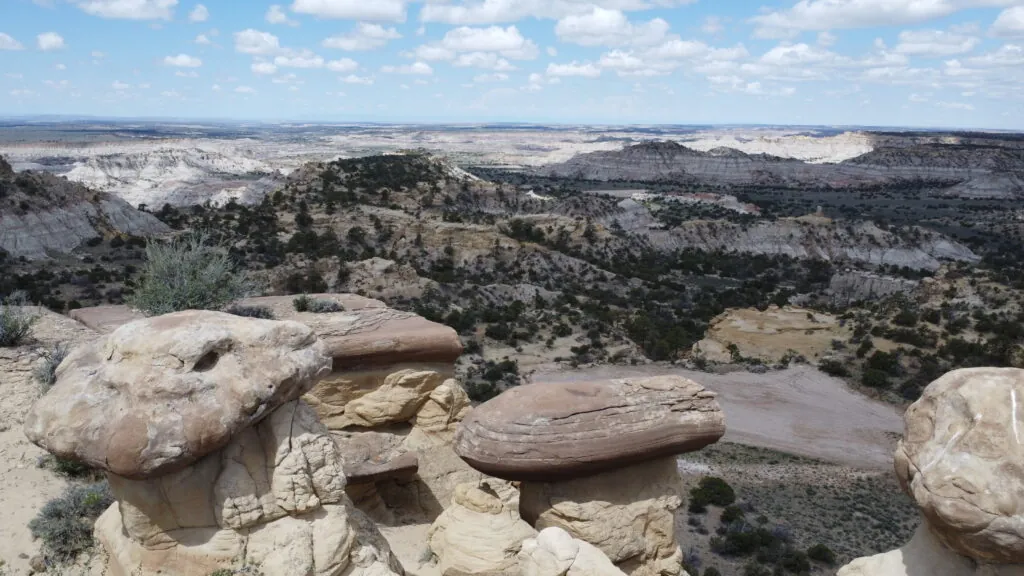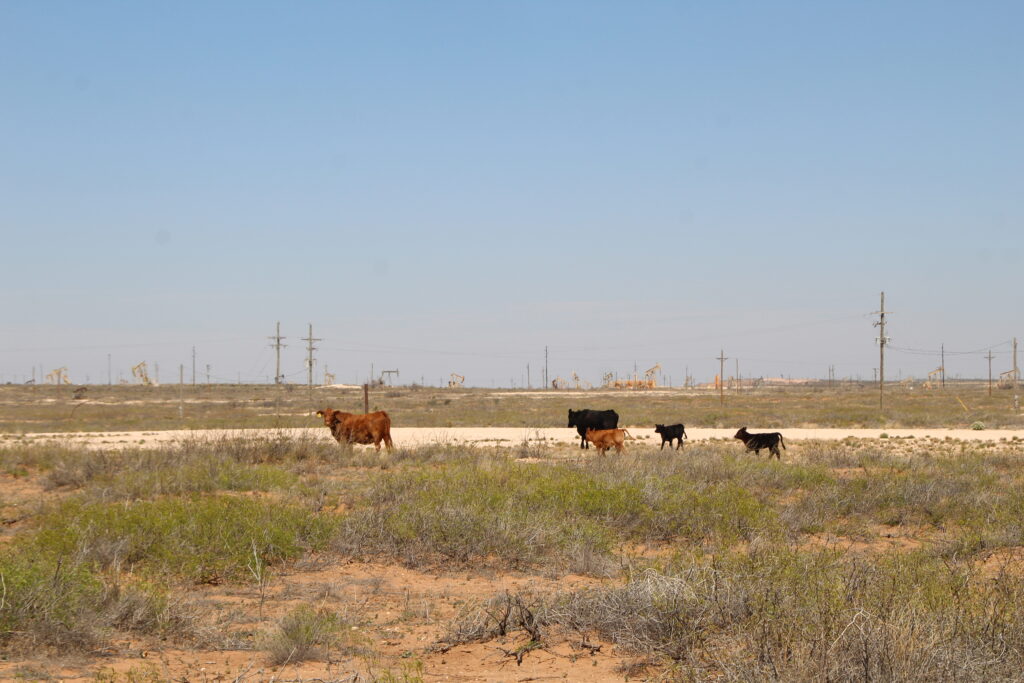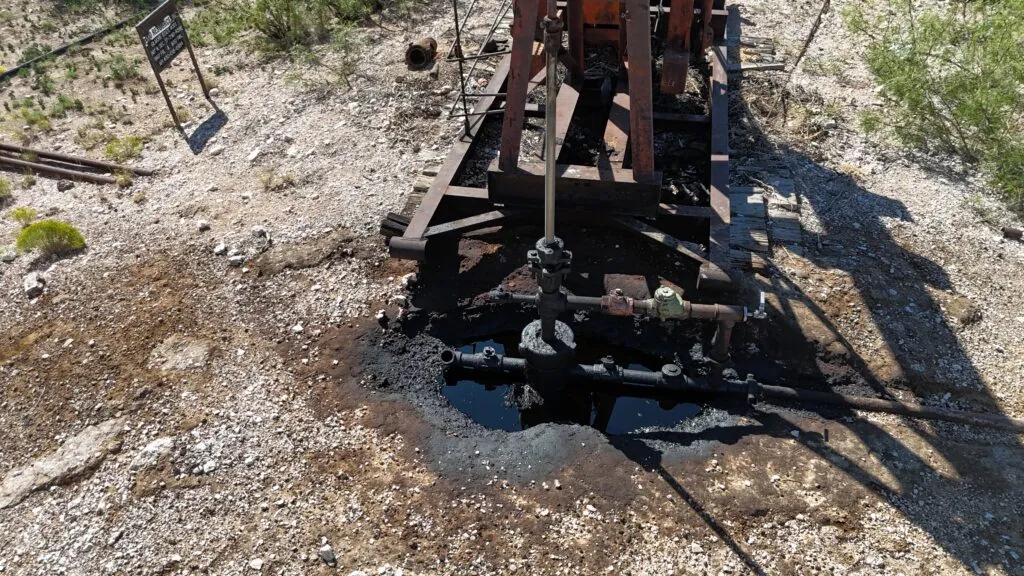|
Getting your Trinity Audio player ready...
|

The 2025 New Mexico legislative session was a tumultuous, challenging, and at best, mixed year for the New Mexico legislature. While the environmental community saw a few successes, many of the bills we championed failed. This is especially true for bills focused on tackling the climate crisis, protecting New Mexico’s clean air, and increasing public health and safety around oil and gas development.
The reason for this mixed outcome largely boils down to money and the power it buys. Direct taxes and associated revenue from the oil and gas industry make up roughly 35% of the state’s operating budget. The oil and gas industry also makes large campaign contributions on both sides of the aisle. These two factors create an acute lack of interest from leaders in both chambers from hearing any legislation that would directly affect the oil and gas bottom line.
As a result, the legislature took some great steps forward, especially on water protections, and climate resiliency, but failed to take any major steps to address oil and gas issues and the root causes of climate change. We will have more updates on the 2025 session coming soon, so stay tuned.
Successes

Both the Government Innovation and Community Benefit Funds were created. SB 83, the Innovation in State Government bill will invest state money to help under-funded agencies address climate change. SB 48, the Community Benefit Fund bill, will bring hundreds of millions of dollars to modernize the grid and increase monitoring and enforcement capacity at the Department of Energy, Minerals, and Natural Resources, among many other things.
After several years of effort, SB 23, a bill to increase royalties on state lands, passed this session. This bill raises the maximum royalty rate the State Land Office is able to charge for new oil and gas leases on State Land Office lands. It also brings New Mexico more in line with its regional peers like Texas, which already assess higher royalty rates.
HB 140 “Hazardous Waste Constituent” Definition did finally pass. This bill will kick off a rulemaking to address and define PFAS substances that will be designated hazardous waste.
Failures

SB 4 The Clear Horizons Act, a bill that would have codified common sense greenhouse gas emission reduction targets into law, died a tragic and earlier than expected death when it was tabled in the Senate Finance Committee. This is the fourth time such a bill has been brought forth in the NM legislature since Governor Lujan-Grisham signed a climate change executive order in 2019, and the fourth time such a bill has failed to pass. This failure comes despite overwhelming support from New Mexicans to tackle climate change through emission reductions.
Three bills, HB 35 Children’s Health Protection Zones, HB 34 Oil Conservation Protect Health and Environment, and HB 33 Prohibit New Emissions in High Ozone Counties all failed early. HB 33 was never given a hearing in its first committee. HB 34 was tabled in the House Energy, Environment, and Natural Resources Committee. HB 35 made it past two committees but, after House leadership assigned the bill to 3 committees in a move intended to limit the bill’s chances, was never heard in its third committee. These bills were framed by the opposition as major attacks on the oil and gas industry, and as such never stood a chance.
HB 259 Oil and Gas Act Violation Penalties, a bill that would have increased the maximum allowable fines for violations of NM rules and regulations failed to clear the house. This bill’s failure is the clearest example this session of a bill that would directly impact the oil and gas industry failing to pass.
In the world of “forever chemicals,” several bills related to PFAS chemicals were introduced. HB 222 Fracturing Fluid Disclosure and Use, a bill banning the use of PFAS and other undisclosed chemicals in downhole oil and gas operations, failed.
Mixed Bag
New Mexico continued its pursuit of primacy over Class VI Carbon Capture and Sequestration (CCS) wells. HB 457 Geologic Carbon Dioxide Sequestration Act passed through the House but died somewhat unexpectedly in the Senate Conservation Committee. HB 458 Carbon Dioxide Storage Stewardship Act passed both chambers, and following the tabling of HB 457, had some elements of that bill amended into it. In most cases, CCS is an inefficient, unproven, and uneconomical method to reduce emissions. In New Mexico, there is concern the technology could be used to extend the life of the coal-fired Four Corners Power Plant, reopen the San Juan Generating Station, and inject the captured carbon down wells to extract more oil from depleted reservoirs. Despite that, the sponsors of these bills argued that if CCS is coming to New Mexico, the state should do the permitting, not Trump’s EPA. There will be a rulemaking at the Oil Conservation Commission in 2025 to establish the regulatory framework for these operations in New Mexico.
Other Successes
While not Earthworks’ primary focus, New Mexico took some great steps forward to protect clean water this session. SB 21 Clean Water passed. This bill restores key Clean Water Act protections to 95% of New Mexico’s surface waters and allows New Mexico to manage the permitting program rather than the EPA. Oil and gas produced water was successfully stripped from HB 137 Strategic Water Supply. This prevents the state of New Mexico from spending millions of taxpayer dollars buying oil and gas wastewater.
